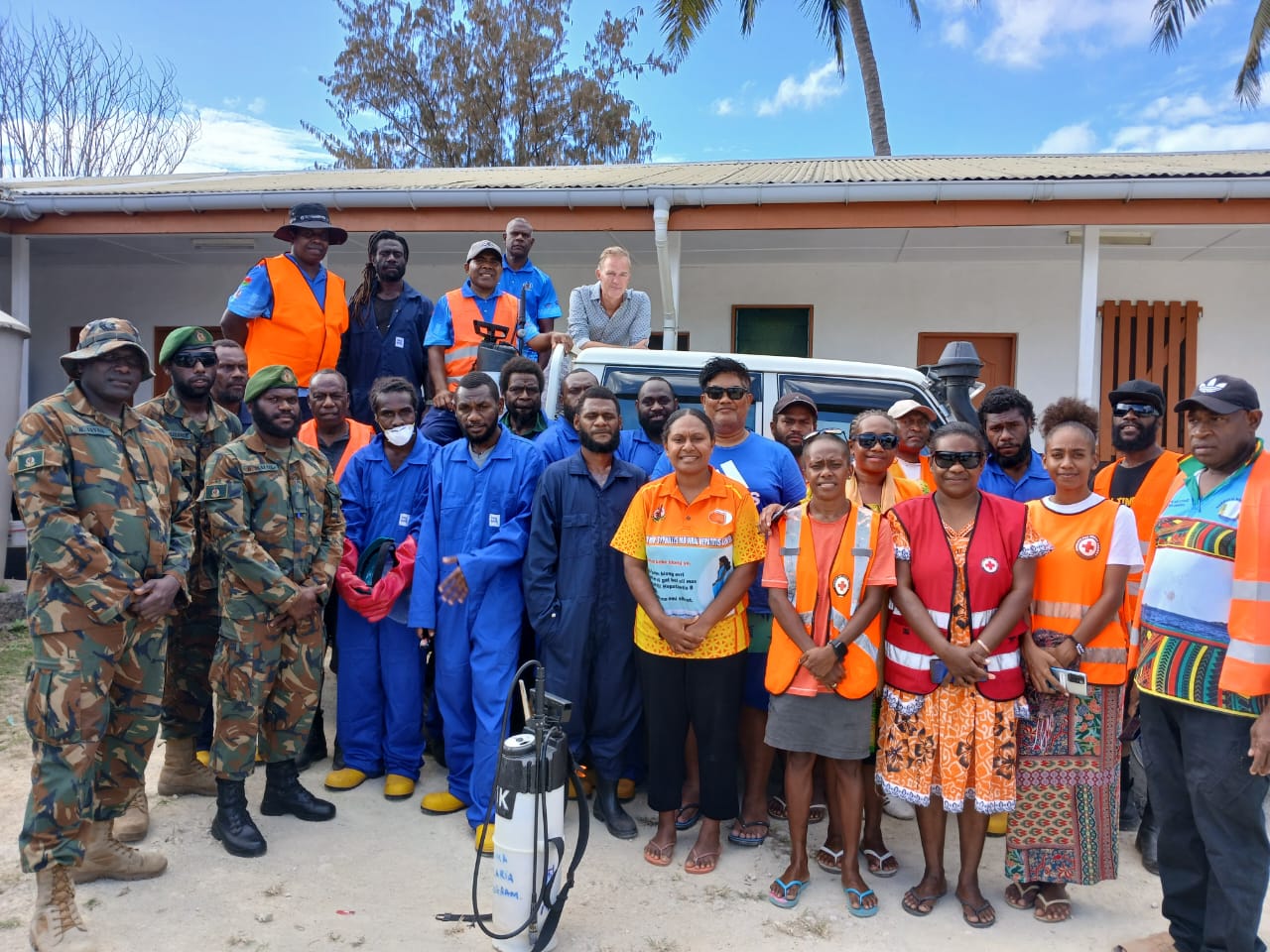Today 25th April 2025, we join the global health community in celebrating World Malaria Day — a moment to reflect on our progress, acknowledge our challenges, and reaffirm our collective commitment to better health for all. This year’s theme: “Malaria ends with us,
- Reinvest in proven interventions
- Reimagine our strategies to overcome current obstacles
- Reignite our collective efforts to accelerate progress toward elimination.
The objective of the theme is to:
- Re-energize efforts at all levels, from global policy to community action, to accelerate progress towards malaria elimination.
- Advocate for increased investment in malaria control and elimination programs, including through stepped-up domestic financing.
- Promote innovative strategies and approaches to tackle evolving challenges in malaria.
- Prioritize country ownership, actively engage communities, and implement data-driven strategies.
Around the world, we’ve seen powerful victories in the fight against malaria. To date, the World Health Organization has certified 45 countries as malaria-free. These achievements remind us that malaria elimination is not just a dream — it is possible. Over the last two decades, investments in malaria response worldwide have driven substantial reductions in malaria cases and death, with an estimated 2.2 billion cases and 12.7million deaths averted since 2000. Despite advance, malaria continues to be a major global health challenge, with nearly 600 000 lives lost in 2023 alone with the right combination of political commitment, sustained financing, cross-sector collaboration, and strong community engagement, malaria can be defeated. Vanuatu, we are closer than ever to achieving that goal. Despite resurgence of malaria case in Sanma and Torba in 2024, with continued dedication and partnership, we believe malaria can be eliminated from our islands in the next 5 to 6 years. Of course, we face some real challenges. Climate change is altering. Mosquito habitats and shifting malaria transmission patterns. In recent years, malaria has reappeared in areas where it had previously been absent — driven not only by environmental changes but also by increased human mobility between islands.
 National Malaria team and Stakeholders during Indoor Residual Spray (IRS) response operations in Santo
National Malaria team and Stakeholders during Indoor Residual Spray (IRS) response operations in Santo
Our Path Forward
1. Surveillance as a Core Intervention we are putting surveillance at the heart of our elimination strategy. In provinces where malaria transmission remains, our goal is to detect, investigate, and respond to cases swiftly and efficiently — ensuring we stop transmission in its tracks.
2. A New Strategic Framework (2026–2032) The Ministry of Health, with support from WHO and partners, is currently developing a revised national strategic plan for malaria elimination. This includes a dedicated surveillance strategy and operational guidelines that reflect the lessons learned from both past progress and recent setbacks.
3. Island-by-Island Elimination Approach we are adopting a targeted island-focused strategy, drawing inspiration from the successful elimination of malaria in Tanna between 2009 and 2014. This approach means eliminating malaria one island at a time, based on readiness and local capacity.
We call on our development partners to support this approach with:
- Additional and flexible funding,
- Investments in digital surveillance tools, and
- Deployment of trained personnel to where they are most needed.
4. Community-led Action Finally, we recognize that the last mile of malaria elimination must be community-driven. We are working to strengthen local ownership, leadership, and accountability at the level of area councils and villages. When communities take the lead, real lasting change happens. On this World Malaria Day, let us recommit ourselves to the vision of a malaria-free Vanuatu. Let us work together — government, partners, and communities— to protect every child, every family, and every island from malaria. Together, we can make elimination a reality.
For more information, please contact:
Marama Jacob Naus
Communications Officer Health Promotion Unit
Department of Public Health
Email:
Mob: 7556084
Tel.: 22512
